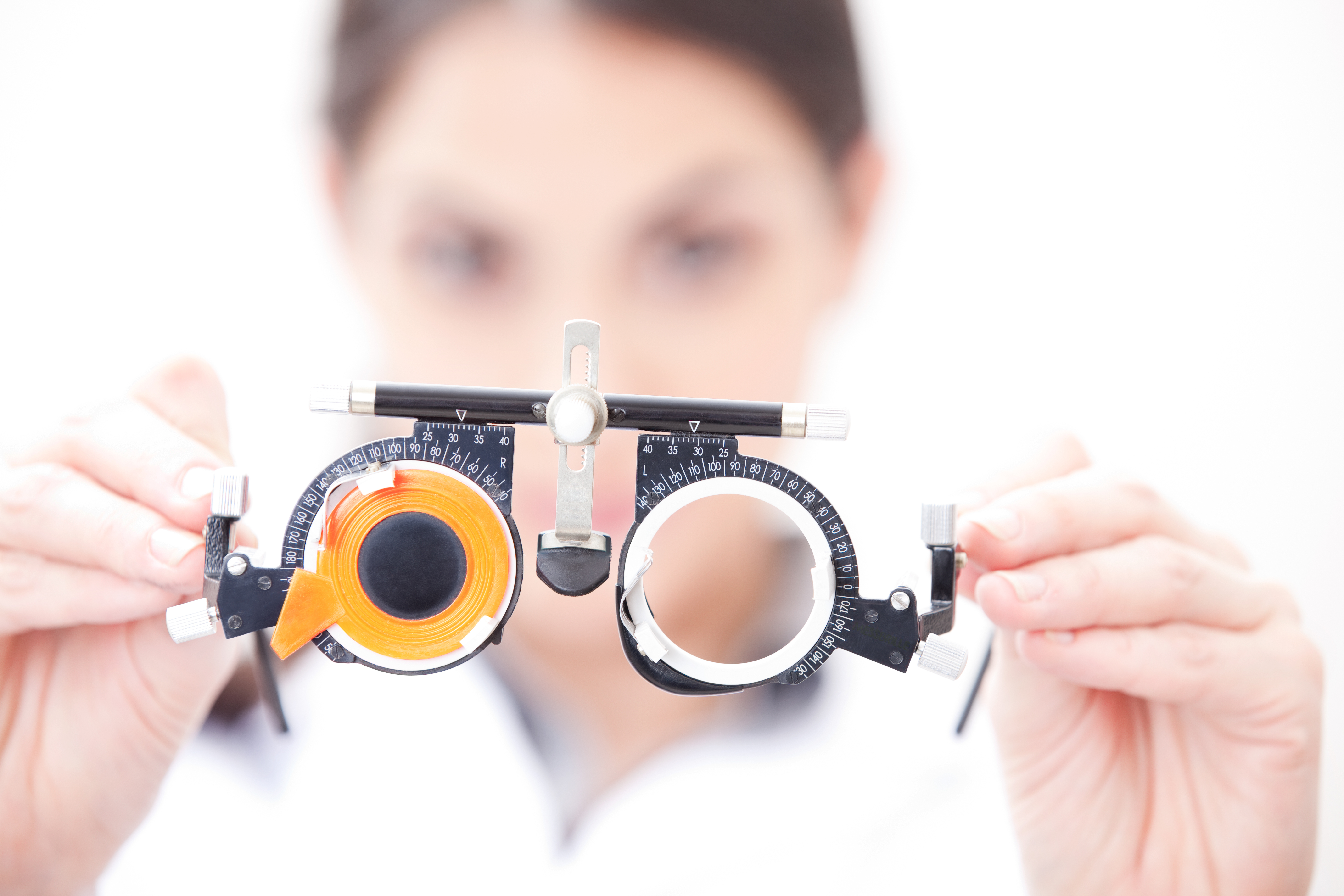
This past week, I’ve had the distinct pleasure of taking part in a mediation course. (Who doesn’t love a new skill set?) One of the concepts I learned– and like– is the importance of remembering to look at a situation with bifocals.
As you can imagine, I am not speaking about literal bifocals. In this situation, the idea is to be sure you are looking at/listening to the situation from both the point of view of the person who is speaking to you and that you are also giving attention to what might be going on inside you as you the person is speaking.
For example, perhaps you have a colleague who has always been….challenging….to you. One day you are standing in the coffee room and he starts telling you about a difficult situation he is having with a client. Since this is someone who generally drives you insane, you might be inclined to listen with only half your attention. With the other half you may be rubbing gleeful mental hands together at the idea that he is struggling…. You may be thinking, “Of course this is what is happening! Somebody like you is sure to make a situation of this kind occur!”
As you can imagine: there is a problem with this. Giving what he has to say only half your attention means you may, in fact, be hearing only half the information. And if you don’t think YOUR vision is impaired, you may be so caught up in your feelings about him that you are unwilling to think about the client—about the good the business as a whole.
Hence, the importance of the bifocals.
With good bifocals, you have the opportunity to see not only the crazy he may be bringing to the conversation, but the crazy you might be contributing as well.
And it’s possible the situation might not always be this extreme. Perhaps you have a colleague telling you an innocuous story about your boss, but because you’ve been having a tough time with your boss recently, you find yourself wanting to poison the well—to point out that the story might not be that innocuous. Being aware of that allows you to keep your crazy to yourself—to ask yourself there’s any value to adding to what you are hearing.
So my new challenge, which I invite you to participate in as well, is—no matter how good your vision may be—to invest in an excellent pair of imaginary bifocals.

